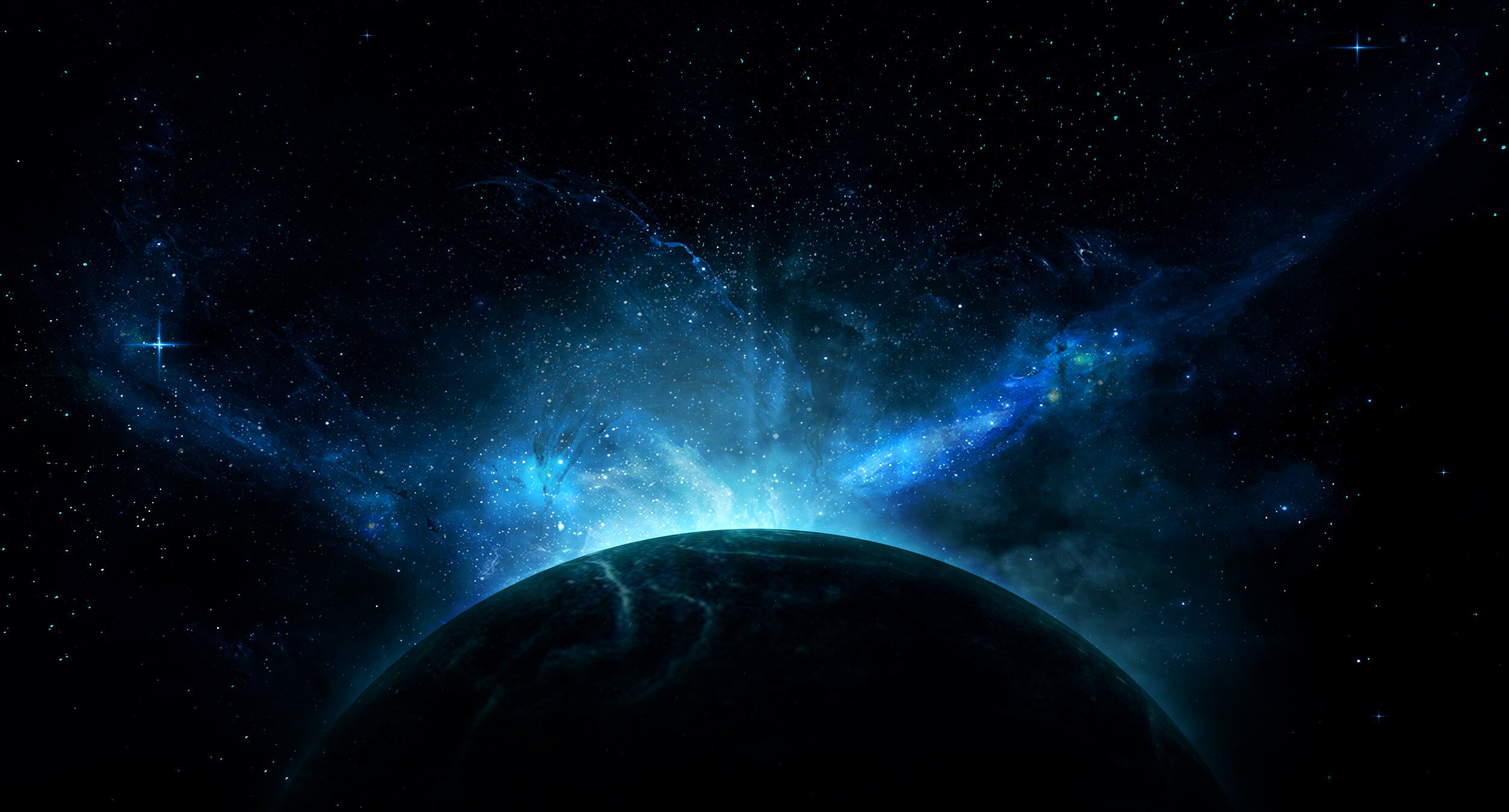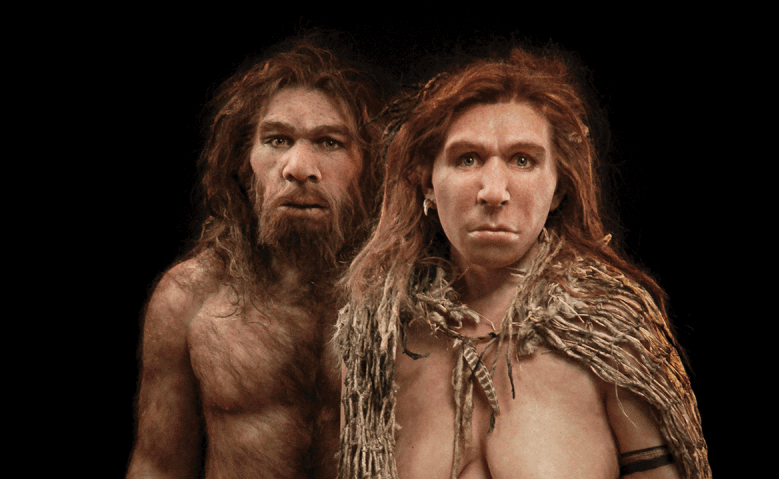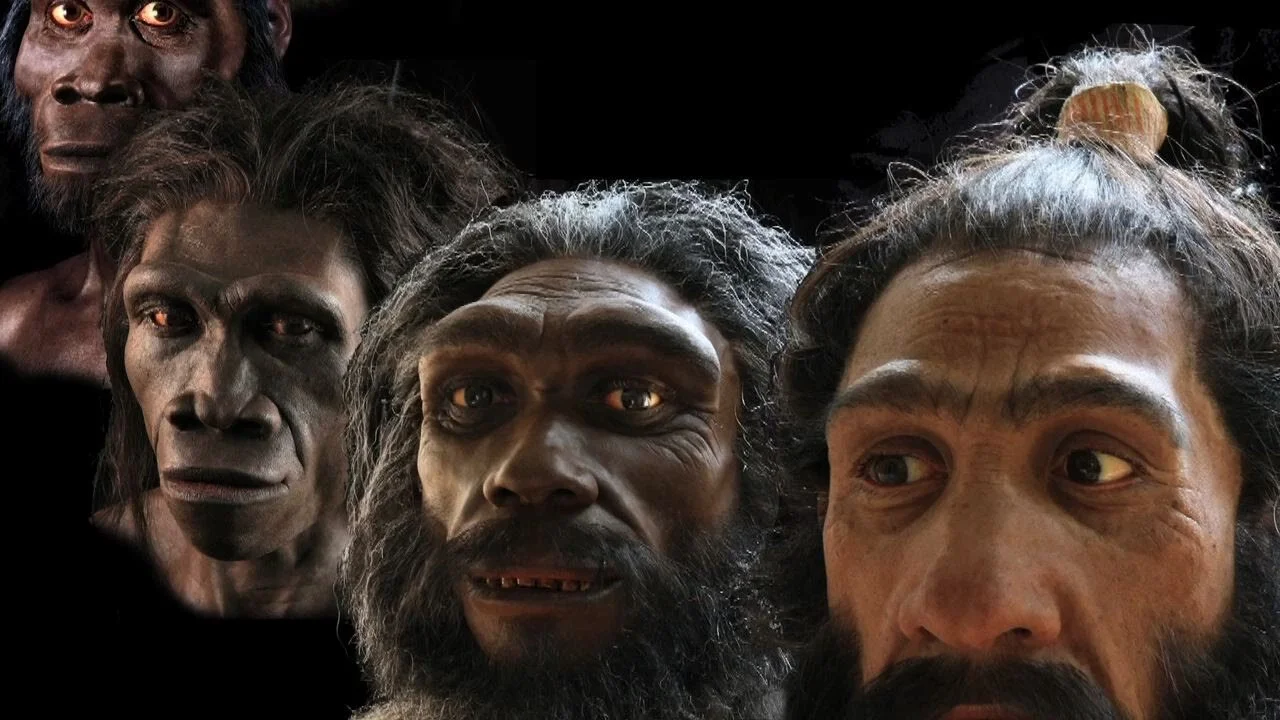
The human story is more ancient than we know.
“Homo sapiens, the only creature endowed with reason, is also the only creature to pin its existence on things unreasonable.” ~ Henri Bergson

There are many different origins of spiritual belief around the world, but some of the most well-known include:
Religion
Many spiritual beliefs have their origins in organized religion. Religions such as Christianity, Islam, Judaism, Buddhism, Hinduism, and Sikhism have millions of followers around the world and have been around for thousands of years.
Indigenous Spiritual Beliefs
Many indigenous cultures around the world have their own spiritual beliefs that have been passed down for generations. These beliefs often include a deep connection to nature and the land, and may include animism, ancestor worship, and shamanism.
Mysticism
Mysticism is a spiritual belief that emphasizes direct personal experience of the divine or ultimate reality, rather than relying on religious doctrine or scripture. Mysticism is found in various traditions such as sufism, kabbalah, and mystical Christianity.
New Age Spiritual Beliefs
New Age spiritual beliefs are a loosely-defined set of beliefs that emerged in the 20th century, which often incorporate elements of Eastern spirituality, alternative healing practices, and a focus on personal development and self-awareness.
Humanism
Humanism is a worldview that emphasizes the value of human beings and their ability to create meaning and purpose in their own lives. It is a non-theistic belief system that stresses the importance of reason, ethics, and compassion.
Secular spirituality
Secular spirituality refers to the belief in the transcendent or spiritual dimensions of human experience without any association to any specific religious or supernatural belief.
It's worth noting that many people have a blend of different spiritual beliefs and practices, and that many spiritual beliefs are interconnected and have common elements.
THE HUMAN TIMESCALE
The deeper we dig into the earth, the more we uncover about the vast and complex history of humankind.
One fascinating aspect of the human timescale is the concept of deep time. "Deep time" is the vast expanse of geological time that has passed since the Earth formed over 4.5 billion years ago. While human history spans only a tiny fraction of this time, scientists and geologists have been able to study the layers of rock and sediment that have been laid down over millions of years to piece together a comprehensive understanding of the Earth's past.
One of the most striking aspects of deep time is the realization that the Earth has gone through many cycles of change and evolution. For example, during the course of the Earth's history, there have been multiple mass extinctions that wiped out a significant percentage of life on Earth. At the same time, new forms of life have emerged and evolved over time.
Another fascinating aspect is that the human timescale is just a blink of an eye compared to the age of the universe, which is estimated to be around 13.8 billion years.
The human timescale is also marked by the evolution of humankind, from our early human ancestors to modern humans. The human lineage has been evolving for around 7 million years, with the genus Homo evolving around 2.8 million years ago.
We humans appear on the cosmic calendar so recently that our recorded history occupies only the last few seconds of the last minute of December 31st.
~Carl Sagan

Humans first appeared on Earth around 2.8 million years ago as members of the genus Homo, with modern humans (Homo sapiens) appearing around 200,000 years ago. Early human societies were small, nomadic groups that subsisted through hunting and gathering.
Until recently, it was traditionally believed human societies began to develop agriculture around 10,000 years ago, leading to the formation of settled communities and the rise of civilization. Some of the earliest civilizations to develop include those in Mesopotamia, Egypt, India, and China. Recent discoveries, however, challenge our understanding of humankind. The discovery of Göbekli Tepe and vast monolithic societies in central and south America signal a more advanced ancient civilization.
Throughout history, humans have made significant advancements in science, technology, and culture. Some of the most notable achievements include the invention of writing, the development of complex systems of government and religion, the creation of works of art and literature, and the industrial revolution.
In the last few centuries, the world has seen a number of significant events, such as the enlightenment, the French Revolution, the Industrial Revolution, the two world wars, and the Cold War. These events have shaped the modern world and have had a profound impact on the course of human history.
In recent times, the world has become increasingly interconnected and globalized, leading to a growing awareness of different cultures and societies. The 21st century is marked by the rapid development of technology and science, as well as ongoing issues such as climate change, inequality, and political instability.
Anatomically modern humans appeared around 300,000 years ago in Africa, and 70,000 years ago (see Toba catastrophe theory), gradually supplanting the "archaic" human varieties.
Non-modern varieties of Homo are certain to have survived until after 30,000 years ago, and perhaps until as recently as 12,000 years ago. Which of these, if any, are included under the term "archaic human" is a matter of definition and varies among authors. Nonetheless, according to recent genetic studies, modern humans may have bred with "at least two groups" of ancient humans: Neanderthals and Denisovans.
Other studies have cast doubt on admixture being the source of the shared genetic markers between archaic and modern humans, pointing to an ancestral origin of the traits which originated 500,000–800,000 years ago

Link to book here.
A Short History of Nearly Everything
Author Bill Bryson begins A Short History of Nearly Everything by saying that he’s glad the reader can join him, especially because the reader—like every other living being—only exists because of a long chain of history, starting with atoms and resulting in complex life. To be alive at all is the result of an extreme amount of “biological good fortune,” since 99.99 percent of species go extinct, and the existence of all species depends on a very specific history of good timing and good luck.
Bryson also marvels at how scientists learn the things they know, and he wonders why so much science writing depicts the history of scientific discovery as abstract, dull, and technical. Bryson explains that his motivation for writing this book arose from his realization that he knows very little science himself, because he found most science textbooks boring and inaccessible during his education. His aim is to see if it’s possible to write science in a way that makes the reader marvel at the history of life on Earth and to become more curious about the task of scientific inquiry.

Summary of Homo Sapiens’ Evolutionary Timeline
• About 13.5 billion years ago, the Big Bang brought matter, energy, time, and space into this Universe. Around 300,000 years later, matter and energy fused into atoms, which then combined into molecules.
• About 3.8 billion years ago, some molecules combined to form organisms on Earth.
• Around 6 million years ago, human/ape-like traits emerged, and the first Homos appeared in Africa 2.5 million years ago. Around 100,000 years ago, there were at least 6 Homo species co-habiting Earth, including the Homo erectus and Homo neanderthalensis. They looked like us (especially the Neanderthals), with big brains and moved on 2 legs.
• The first Homo sapiens appeared in East Africa about 200,000 years ago, but only started to spread outside Africa 130,000 years later. This was the start of human history, which Harari classified into 3 key revolutions: the Cognitive Revolution (70,000 years ago), the Agricultural Revolution (12,000 years ago) and the Scientific Revolution (500 years ago).

Download eBook here.
The Demon-Haunted World: Science as a Candle in the Dark is a 1995 book by the astrophysicist Carl Sagan, in which the author aims to explain the scientific method to laypeople and to encourage people to learn critical and skeptical thinking.

The Believing Brain: Evolution, Neuroscience, and the Spiritual Instinct
God, they say, is in the details. But could God also be in our frontal lobes? Every culture from the dawn of humankind has imagined planes of existence beyond the reach of our senses, spiritual domains that shape our Earthly experiences. Why do beliefs of the fantastic hold such powerful sway over our species? Is there something in our evolutionary history that points to an answer? Does neuroscience hold the key? Straddling the gap between science and religion, Brian Greene is joined by renowned neuroscientists, anthropologists, and evolutionary biologists, to explore one of the most profound mysteries of our existence.
The Origins of Belief
Sam Harris has a doctorate in neuroscience to research the neural foundation for belief, talked about his first book The End of Faith: Religion, Terror, and the Future of Reason, published in a new paperback edition by W.W. Norton and Company. Mr. Harris argued that religion played a major role in an increasingly dangerous world. He criticized the influence of religion in both the United States and across the Muslim world, saying that for peace to exist, reason must replace faith as the driving force in society. Following his remarks, Mr. Harris responded to questions and comments submitted by members of the audience. Ms. Jacoby moderated the program. The talk, presented by CFI-Metro New York and cosponsored by the New York Society for Ethical Culture, is the second in the 2005 - 2006 Voices of Reason series.



















